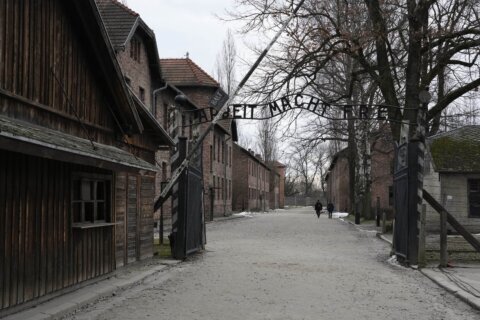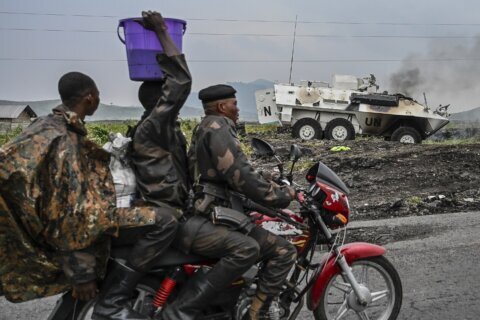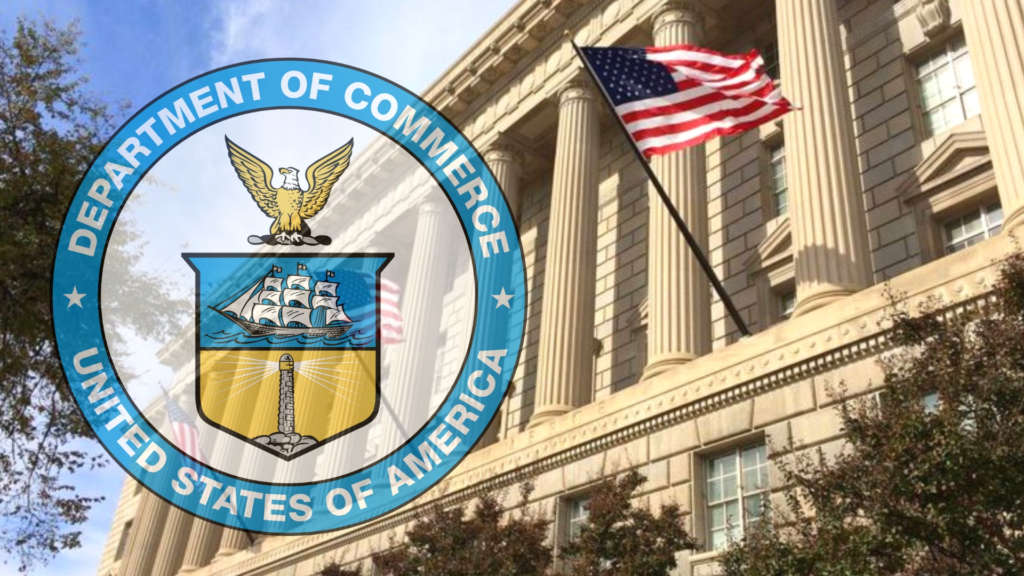SEOUL, South Korea (AP) — Lawyers for impeached South Korean President Yoon Suk Yeol failed in their court effort to secure his release on Thursday, a day after he was detained at his residence for questioning over rebellion allegations linked to his martial law declaration last month.
Yoon was sent to a detention center near the country’s capital, Seoul, after undergoing more than 10 hours of questioning on Wednesday at the headquarters of the Corruption Investigation Office for High-Ranking Officials, during which he exercised his right to remain silent. Yoon refused further questioning by the anti-corruption officials on Thursday as his lawyers maintained that the investigation was illegal.
Lawyers had asked the Seoul Central District Court to consider his release, questioning the validity of the detention warrant for Yoon issued by the Seoul Western District Court.
But the Central District Court denied their petition late Thursday.
Yoon had avoided several requests to appear for questioning before the anti-corruption agency and police carried out a major law enforcement operation involving hundreds of personnel to detain him at his residential compound in Seoul.
Investigators are expected to move to place him under arrest in the coming days.
The anti-corruption agency, which is leading a joint investigation with the police and the military over whether Yoon’s martial law declaration amounted to attempted rebellion, has 48 hours either to request a court order for his formal arrest or to release him.
On Thursday, his lawyers formally declared that Wednesday’s raid at the presidential residence, which led to the detention of a head of state, was illegal, in complaints filed with prosecutors.
Yoon didn’t attend a hearing at the Central District Court on Thursday, which was part of the review over his detention warrant, because of security concerns, according to Seok Dong-hyeon, one of the president’s lawyers.
Hundreds of Yoon’s supporters rallied for hours in streets near the court and the detention center where Yoon was being held, waving banners and chanting slogans calling for his release.
Yoon set off the country’s most serious political crisis since its democratization in the late 1980s when he attempted to break through gridlock in legislation by declaring martial law and deploying troops around the National Assembly on Dec. 3. The standoff lasted only hours before lawmakers managed to get through the blockade and voted to lift the measure.
His presidential powers were suspended when the opposition-dominated assembly voted to impeach him on Dec. 14, accusing him of rebellion. His fate now rests with the Constitutional Court, which has begun deliberating on whether to formally remove Yoon from office or reject the charges and reinstate him.
Yoon and his allies have defied efforts to investigate his role in the chaos of Dec. 3. He ignored requests to appear for questioning for weeks, remaining in his official residence to avoid detention as his lawyers turned away police, citing a law that protects locations potentially linked to military secrets from search without the consent of the person in charge — Yoon himself. They also said that the anti-corruption agency had no legal authority to investigate rebellion allegations.
Yoon also resisted one attempt to detain him as the presidential security service barricaded the residence. He was finally brought into custody after hundreds of anti-corruption investigators and police raided the presidential compound for around five hours in a second attempt.
In a video message recorded shortly before he was escorted to the headquarters of the anti-corruption agency, Yoon lamented that the “rule of law has completely collapsed in this country.” He echoed the arguments of his lawyers that the anti-corruption agency doesn’t have the authority to investigate his actions, but said that he accepted detention to prevent violence.
The Constitutional Court rejected a request by Yoon’s lawyers to postpone a hearing on his case scheduled for Thursday. It remains possible for Yoon to exercise his right to attend, even while under detention.
If a court grants a warrant for Yoon’s formal arrest, the anti-corruption investigators can extend his detention to 20 days, during which it will transfer the case to public prosecutors for an indictment.
If prosecutors indict Yoon on the possible charges of rebellion and abuse of power, he could remain under arrest until the first court ruling, which is typically made within six months, said Park Sung-bae, an attorney specializing in criminal law. Under South Korean law, the leader of a rebellion can face the death penalty or life imprisonment, if convicted.
Copyright © 2025 The Associated Press. All rights reserved. This material may not be published, broadcast, written or redistributed.












